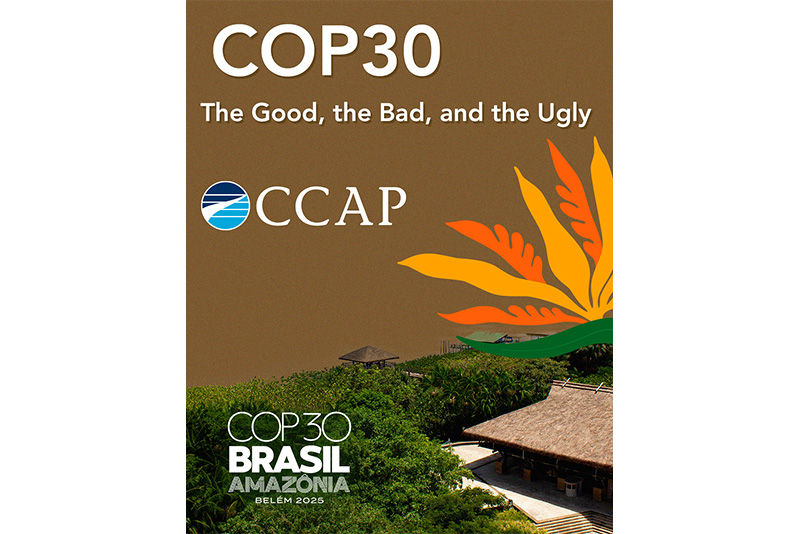Colombia Solid Waste NAMA Speeding Toward Implementation
- Anmol Vanamali
- May 9, 2013
- 3 min read
The Colombian Integrated Solid Waste Management NAMA is speeding toward the implementation stage after CCAP’s recent trip to Colombia where the project garnered high-level support from the Ministry of Environment and Sustainable Development (MADS), Ministry of Housing and Territorial Development (MVDT), Department of National Planning (DNP) and the Municipality of Cali.
The Colombian government, with input from CCAP, is in the process of preparing a comprehensive NAMA proposal that will be presented at the Global NAMA Financing Summit that is being co-hosted with the Danish Ministry of Climate, Energy and Buildings. The major elements of the proposal include an estimation of the mitigation potential of the NAMA, a NAMA implementation and financing plan, and details of unilateral and supported actions within the NAMA.
Estimated Mitigation Potential
CCAP’s Model
Estimates the baseline emissions from solid waste management operations in a city based on specific assumptions on waste streams, recycling rates and disposal rates in landfills etc.
Estimates the mitigation potential by analyzing mitigation scenarios that change assumptions regarding percentage of waste streams in to various processes such as recycling, conversion to compost or refuse-derived fuel (RDF), and disposal in landfills with or without flaring.
This model can be adapted to estimate the baseline and mitigation scenarios for any city with that information. In absence of information, assumptions can be made to arrive at estimates that are useful to understand the mitigation potential of an integrated solid waste management system.
NAMA Implementation and Financing Plan
The NAMA implementation and financing plan are organized into three phases in order to allow for specific private-sector barriers to correspond with decreasing levels of NAMA financial support from the Colombian government and donor countries.
Based on feedback from the steering committee and private stakeholders, CCAP has identified the arrangement of equity from the private sector as a particular barrier that could affect the initial few projects under the NAMA, as these technologies, though globally well-known, have little track record in Colombia. Hence, the NAMA financing plan includes the creation of a NAMA equity fund that will fund the equity component of various projects. The NAMA equity fund is expected to receive matching contributions from the Colombian government and donor countries.
Unilateral and Supported Actions
Colombia is undertaking a series of steps to help transform the solid waste management sector by creating incentives and removing regulatory barriers in order to increase recycling and convert waste streams into commodities such as compost and RDF. One of these incentives will be received through a change in tariffs that could be received by mechanical-biological treatment (MBT) facilities. Collecting tariffs along with revenue from the sale of commodities like recyclables, compost and RDF would make these MBT facilities financially sustainable investments. This differs from previous investments in similar projects in Colombia that were left to the mercy of commodity markets as the only source of revenue.
Apart from such regulatory changes, Colombia would also support implementing the NAMA through city-level actions such as awareness campaigns to encourage source separation and recycling at the source, restructuring collection contracts to include selective routes, and by facilitating construction of MBT facilities.
Another important unilateral action would be the financial contribution to create the NAMA equity fund that would be crucial to executing various projects. This contribution could come from national or sub-national state actors.
Supported actions would include donor contribution to the NAMA equity fund and other support in terms of capacity building for officials in areas such as construction and operation of MBT facilities, support for MRV systems for NAMA implementation, city exchange programs for city officials to understand the intricacies of next-generation waste management processes and technologies in developed countries.





Comments